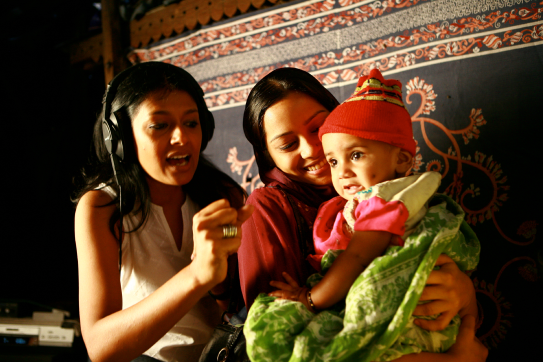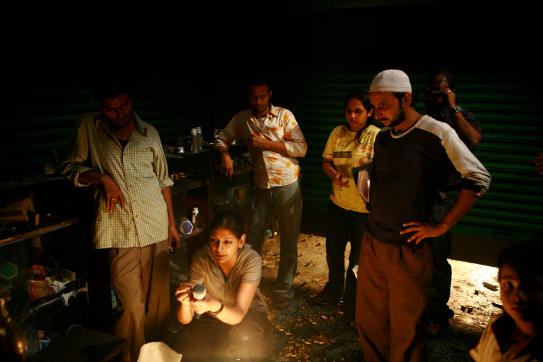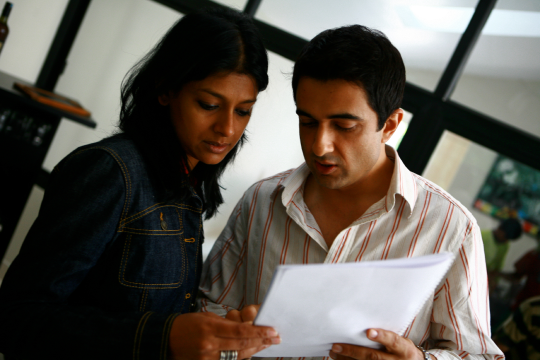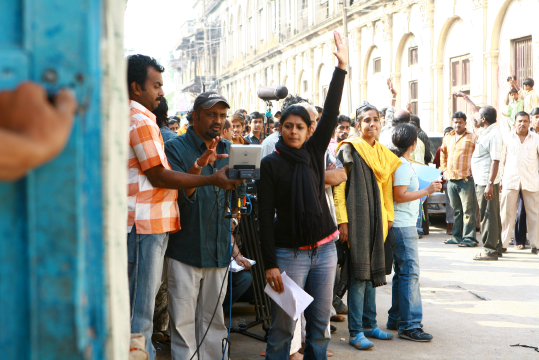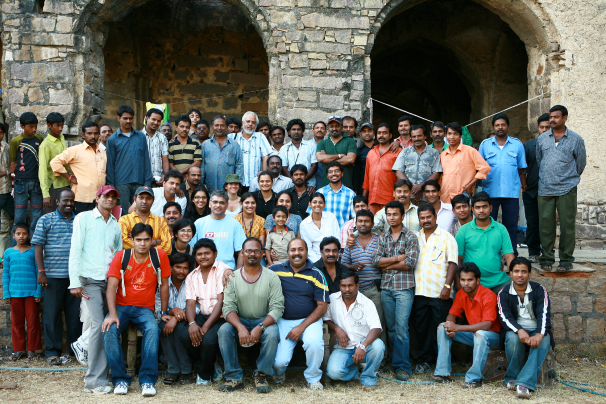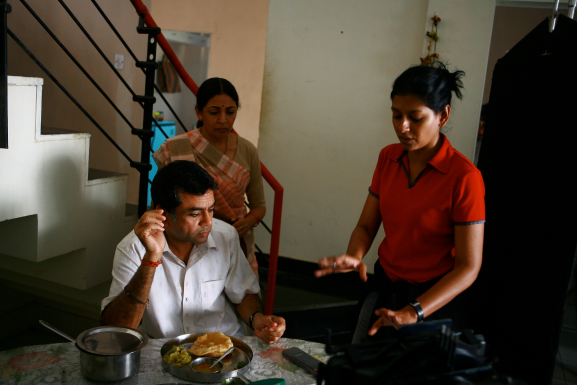Ubud, a discovery
- January 1, 2016
I am back in the concrete jungle, after ushering in the new year in Ubud, Bali—it felt a lot like India, but as a European traveller said, “without its bad bits”. Today, a scenic little town in our country is plagued with mindless construction, littering of plastic, bad sanitation, men urinating in public and incessant honking. It isn’t uncommon to ask even in a village whether the ghee and gudare pure.
Largely a Hindu island, Bali is equally influenced by Buddhism and ancestor worship. I have never seen a greater overlap of religion and culture. There are beautiful stone temples every few metres, but, interestingly, without any deities except for an occasional shiva linga. People are very ritualistic, but, as they primarily worship their ancestors and nature, specifically mother earth, the rituals are inherently simple. Flower offerings are everywhere, even in the middle of the road.
We stayed on the outskirts of the tourist hub, surrounded by trees, paddy fields and beautiful architecture. I have never seen so many champa (frangipani) trees and with fragrance so intense. Locals are gentle and friendly and the growing community of outsiders is not the kind that seeks air-conditioned offices but rather, a life closer to nature and with more freedom to create. The place is safe and affordable, to top it all, has high-speed internet! What more can one want!
Ubud attracts many ‘digital nomads’ who trade, consult, teach and study online. The Europeans are happy to escape the winter chill and high cost of living in their countries. Many come yearning for a life where body, mind and spirit are unplugged from the chatter of mass media and mindless development. Some make Ubud their home by designing clothes or setting up restaurants, yoga centres, resorts and car or motorbike hiring agencies; some even do fishing. Anything to be able to live there!
Often, such influxes create exploitative situations but Ubud, thus far, seems to have escaped the curse of tourism. It is natural for locals to get a bit opportunistic and for things like yoga and spirituality to acquire a cool and commercial hue. But, hopefully, this organically created pluralistic community is still far from being ruined.
Interestingly, working spaces with urban facilities overlooking paddy fields and big old trees have emerged. Hubud (Hub-in-Ubud), the first collaborative working space in Bali, is home to a diverse community of local and visiting creatives, techies, entrepreneurs and change makers. Its website says: “Come join a community of people who are quietly changing the way we work, live and bring ourselves to the world.”
My belief that individual and collective wellbeing are so interdependent was reaffirmed. My own energies calmed down and I became more embracing of the surroundings, unlike in the city where I struggle to be centred and when I am, it is despite my surroundings. Vihaan, my five-year-old, took walks in the forest to pick veggies, woke up to watch the sunrise in the paddy fields, and started cohabiting with spiders, butterflies and geckos without fear. He blossomed in the midst of people who always smiled.The rootedness in cultural heritage and the sprinkling of global ideas and initiatives, both playful and meaningful, have given rise to something quite special in Ubud. Having said that, one cannot escape to such havens all the time or for many, ever. So the challenge is how to create an Ubud mindset wherever we live. My travels in India have often secretly been a search for a place where I would want to live, and with a community that would also impact how I live. And yet I would not want to live in a bubble, but remain intensely engaged with the things that matter, give a sense of purpose to our lives and make living worth it all. I hope to find such a place in India, or else Ubud can always be the back-up plan! Though the challenge may be when will I make that move and not just where.

